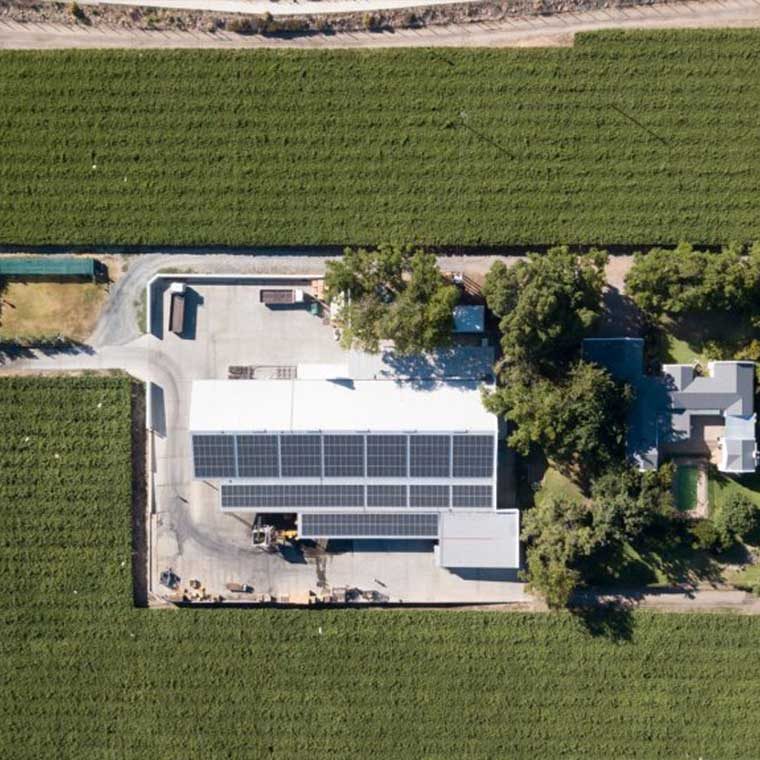Modern agriculture is facing a dual challenge: the need to conserve water while managing rising energy demands. As climate patterns shift and resource constraints tighten, farmers are increasingly turning to technology to maximize efficiency. One of the most promising developments in this space is the integration of solar power with advanced irrigation systems. At Broadleaf Group, we are helping farms across the region adopt these smart, sustainable solutions.
Water and energy are deeply interconnected in farming. Irrigation pumps, water purification systems, and moisture monitoring equipment all depend on a consistent energy supply. Traditionally, these systems have relied heavily on grid electricity or diesel generators, both of which carry high operating costs and environmental impacts. By switching to solar-powered irrigation, farms can reduce their dependence on costly fuel sources while gaining more control over their energy use.
A solar-powered irrigation system typically involves rooftop or ground-mounted solar panels that generate electricity to run pumps and monitoring equipment. When paired with smart irrigation controllers and soil moisture sensors, these systems can optimize water distribution with remarkable precision. This not only conserves water but also ensures crops receive exactly what they need, when they need it—reducing waste and boosting yields.
One of the greatest advantages of integrated solar and irrigation systems is their ability to operate in off-grid or remote areas. For farms located far from utility infrastructure, these solutions provide independence and resilience, allowing critical operations to continue without interruption. During peak sunlight hours, excess energy can even be stored in batteries for use at night or during cloudy conditions, maintaining uninterrupted irrigation cycles.
These systems also offer measurable economic benefits. By reducing electricity bills and fuel consumption, farmers can significantly lower operating expenses. Many farms also qualify for government incentives or tax rebates when investing in renewable energy infrastructure, further improving the return on investment. And over time, the reduced maintenance needs and long service life of solar equipment make it an even more compelling choice.
Beyond the practical benefits, solar-integrated irrigation helps farms meet the growing demand for environmentally responsible practices. Consumers, retailers, and regulators are increasingly prioritizing sustainability in the supply chain. A farm that uses renewable energy and water-efficient practices not only reduces its environmental footprint but also enhances its brand and market appeal.
At Broadleaf Group, we provide more than just solar panels. Our team works closely with agricultural clients to design and implement integrated systems tailored to their specific energy and irrigation needs. From initial consultation and feasibility assessments to professional installation and long-term maintenance, we support our clients every step of the way. Our solutions are scalable, customizable, and built to thrive in demanding farm environments.
As the agriculture sector adapts to meet the challenges of the future, combining water and energy efficiency is not just a smart move—it’s a strategic one. Integrated solar and irrigation systems offer a path toward lower costs, greater reliability, and more sustainable farming operations.
Partner with Broadleaf Group to future-proof your farm. Harness the sun, optimize your water use, and take control of your resources today.

